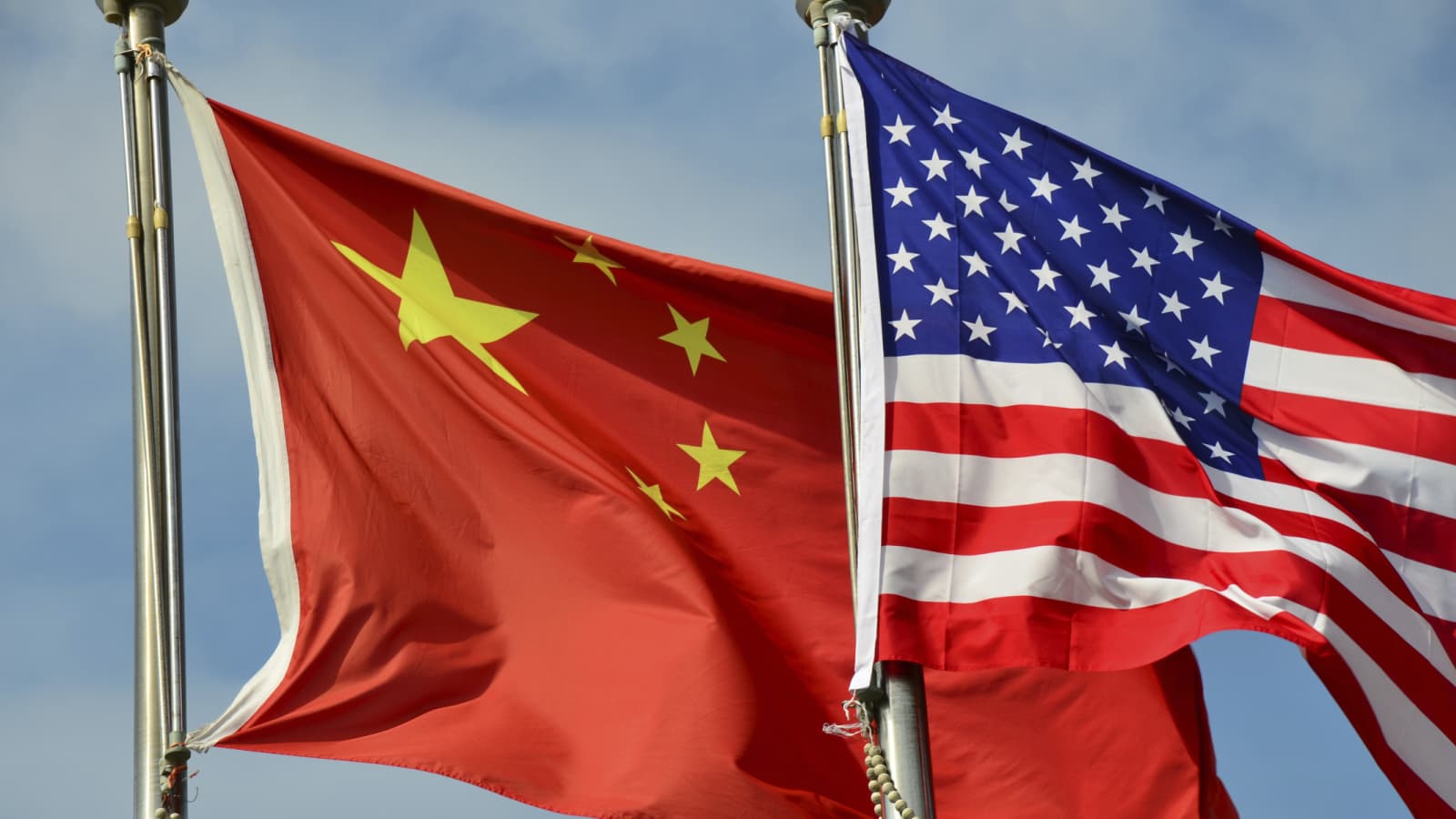The United States has announced the imposition of 104% tariffs on Chinese imports, set to take effect tonight. This escalation, driven by President Trump, targets Chinese trade practices and seeks to strengthen domestic manufacturing.
Earlier this year, the U.S. imposed a 20% tariff on Chinese goods, which later increased by 34%. In retaliation, China set a 34% tariff on U.S. goods. In response, President Trump authorized a further 50% tariff hike, raising the total to 104%.
China strongly opposed these tariffs, calling them unilateral and protectionist. The Chinese government promised to take action to protect its interests, raising concerns about a full-scale trade war.
The tariff announcement has affected global financial markets. Initially, markets dropped due to fears of intensified trade conflict. However, some recovery followed as investors hoped for renewed negotiations. European markets like the FTSE 100, Germany’s DAX, and France’s CAC gained. U.S. indices such as the S&P 500, Dow Jones, and Nasdaq also rebounded.
Economists worry that these tariffs will increase prices for American consumers, leading to inflation. Industries that depend on Chinese imports, especially technology and manufacturing, could face significant disruptions.
As the situation unfolds, stakeholders are watching closely for further retaliatory measures and their effects on global trade.




